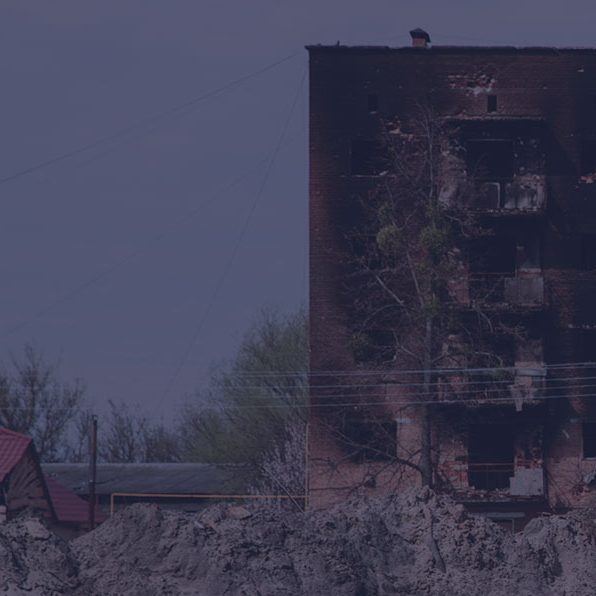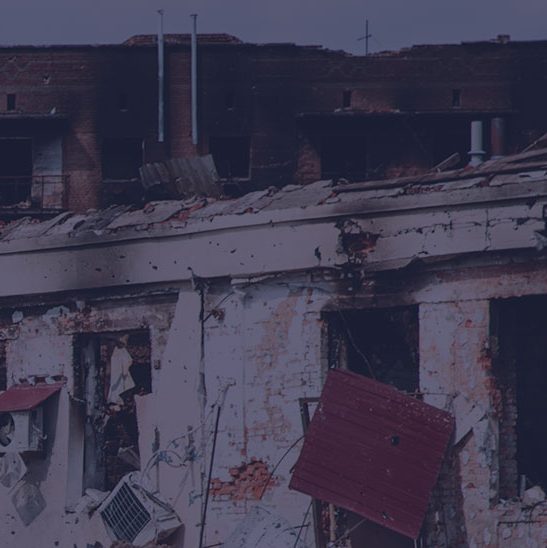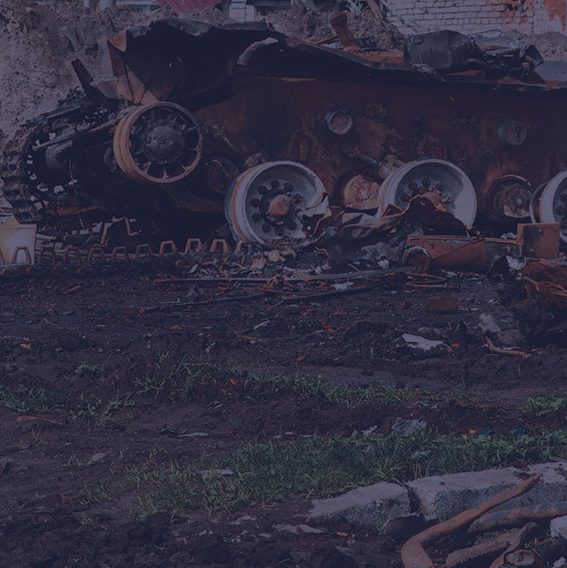
Nadija Children’s Hospital & Research Institute
Building a brighter future for the children of Ukraine and beyond
The need for mental and physical rehabilitation for war-affected children in Ukraine is urgent. At Nadija Children’s Hospital and Research Institute, we are committed to making an immediate and lasting impact.
We are currently fundraising €10M to provide essential care to up to 1.5 million affected children.
Our vision follows a three-stage approach: starting with a Virtual Hospital to quickly deliver accessible mental health services, followed by a Research Institute to spread the best European rehabilitation practices and advance new knowledge. Ultimately, we will establish a Physical Rehabilitation Hospital that will not only treat children directly but also serve as a long-term hub for pediatric psychiatric care, trauma recovery, and medical rehabilitation, fostering deeper community support and recovery.
In partnership with the Ministry of Health (MoH) and Lviv Medical University (LMU), we aim to create a Center of Excellence (CoE) in Lviv, offering solutions that are scalable within Ukraine and replicable internationally.
Founded by Nordic foundations and companies, the Foundation for Children’s Hospital and Research Institute Nadija is led by a Board of Directors from Denmark, Finland, Norway, and Sweden.
The Challenge
TREATMENT OF PHYSICAL TRAUMA
Ukraine’s healthcare system is facing significant supply and resourcing issues caused by patients seeking treatment for direct physical trauma and injuries resulted from the conflict.
LACK OF MENTAL HEALTH SERVICES
Mental healthcare is significantly underfunded (6.25 USD per capita vs. 58.71 USD per capita in high-income countries) and there’s a relatively low number of psychologists per capita.
CARE IS EXPENSIVE
Up to 90 % of inpatients must pay for mental health services themselves, and outpatients must pay for all services, leading to high out- of-pocket expenditure. Also, the war has caused 8 million additional Ukrainians living in poverty by the end of 2022.
INSUFFICIENT FACILITIES
Healthcare facilities are overutilized or not available in all regions due to the war. There’s been more than 1262 attacks on healthcare facilities since February 2022.
FINDING THE RIGHT HELP IS HARD
Ukraine’s mental healthcare system is in transition and has a complex constellation of actors who provide mental healthcare including NGOs, NPOs an private psychologists/therapists making discovery and access to services difficult.
INSUFFICIENT TOOLS AND TRAINING
Ukrainian healthcare professionals say they urgently need appropriate training on treatment methods, protocols, and choosing from a wide variety of treatment options as well as platforms to deliver the services.
Today we significantly underestimate the number of children that have suffered from the war and need specific type of medical assistance. Of course, there is official statistics, but it is far from complete. A lot of children that required specific medical assistance and care currently undergo treatment abroad, but plan to return to Ukraine.
Among the most needed types of care are reconstructive plastic surgery, orthopedic surgeries and physical rehabilitation including prosthetics. Another area worth special attention is the mental health of children, including PTSD resulting from war trauma.
And finally we have to think about children with different chronic conditions from the territories of combat zone. Their conditions worsen due to stress factors and limited access to medical care.
Dr. Oleksiy Rykov, Head of Pediatrics Dobrobut medical network



